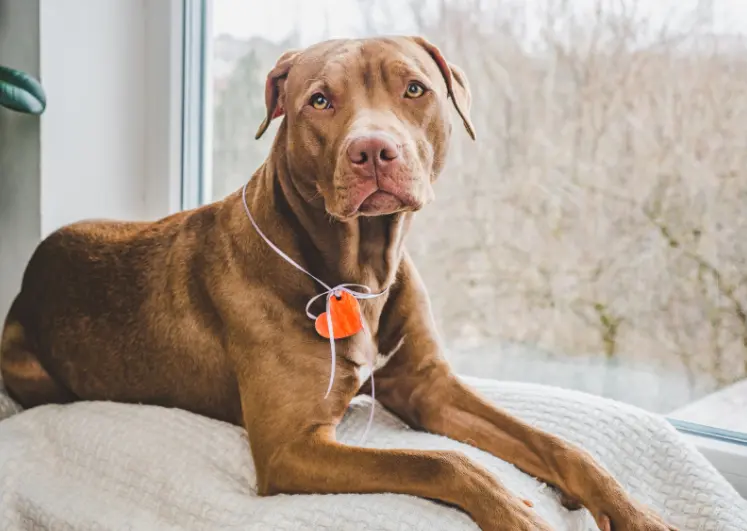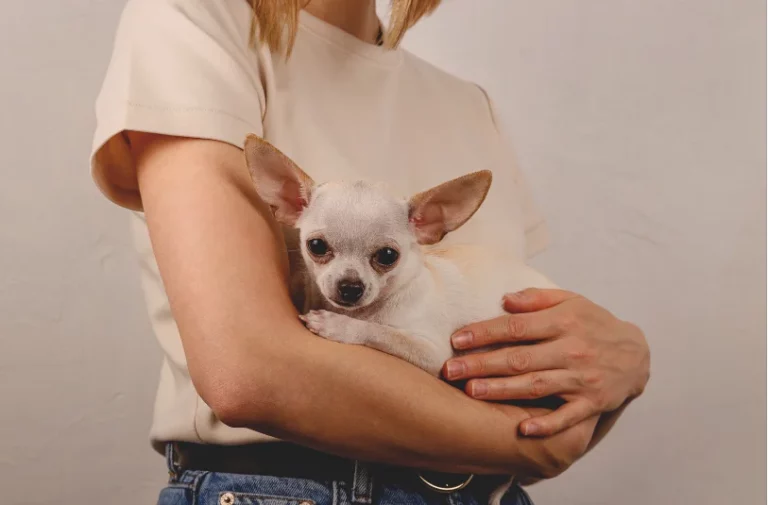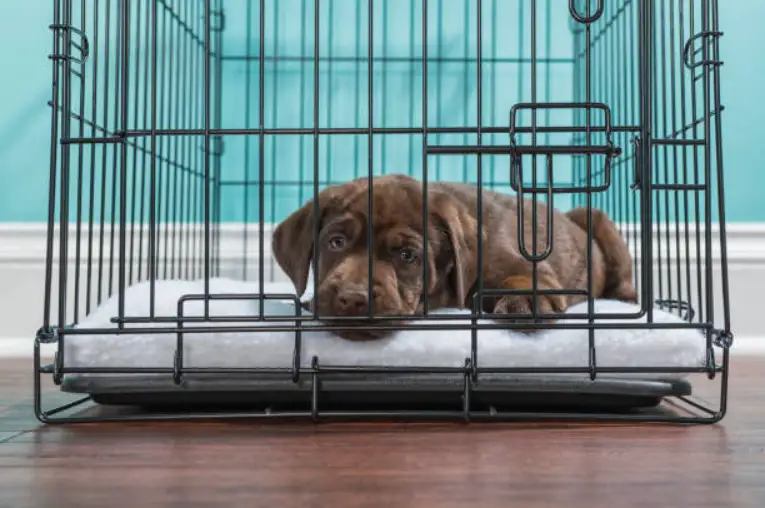Can Dogs Eat House Centipedes? Here’s What the Experts Say
As a dog owner, being concerned about your furry friend’s safety is natural. You may have seen your dog chase after bugs, but what if they come across a house centipede? Can dogs eat house centipedes? In this article, we’ll explore what house centipedes are, whether or not they’re poisonous to dogs, and what to do if your dog eats a house centipede.
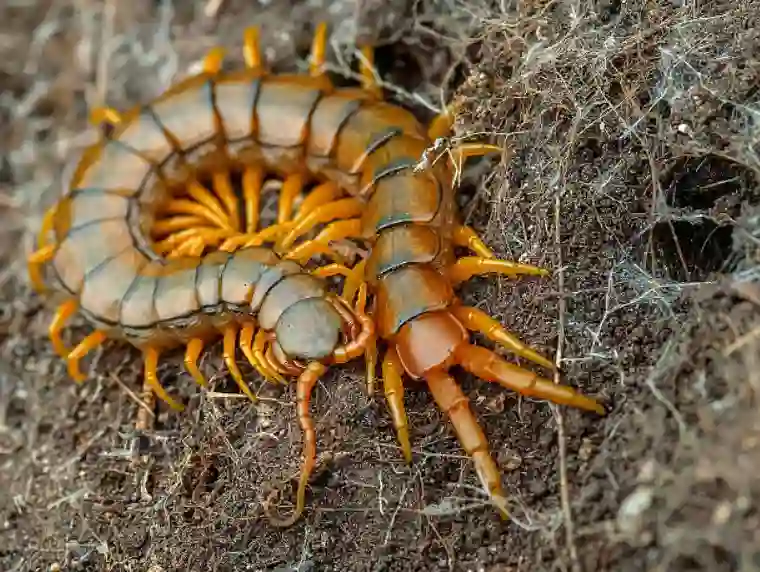
Table of Contents
- Introduction to dogs and house centipedes
- What are house centipedes?
- Are house centipedes poisonous to dogs?
- Can dogs eat house centipedes?
- What happens if a dog eats a house centipede?
- Symptoms to watch out for if a dog eats a house centipede
- What to do if your dog eats a house centipede
- Preventing your dog from eating house centipedes
- Conclusion – should dogs eat house centipedes?
- FAQ
Introduction to dogs and house centipedes
Dogs are curious creatures and love to explore their surroundings. This can sometimes lead to them coming into contact with insects and other pests, including house centipedes.
House centipedes are small, fast-moving arthropods that are commonly found in homes.
They’re known for their long, thin bodies and numerous legs, which can make them appear intimidating to some people.
What are house centipedes?
House centipedes are arthropods that belong to the Chilopoda class. They have long, slender bodies segmented and covered in bristly hairs.
Each segment of their body has a pair of legs, which can number in the dozens. House centipedes are nocturnal creatures that prefer dark, damp environments, such as basements and bathrooms.
House centipedes are carnivorous and feed on a variety of insects, including cockroaches, spiders, and silverfish.
They’re also known to eat other house centipedes, which can make them a valuable addition to your home’s ecosystem if you’re dealing with a pest problem.
Are house centipedes poisonous to dogs?
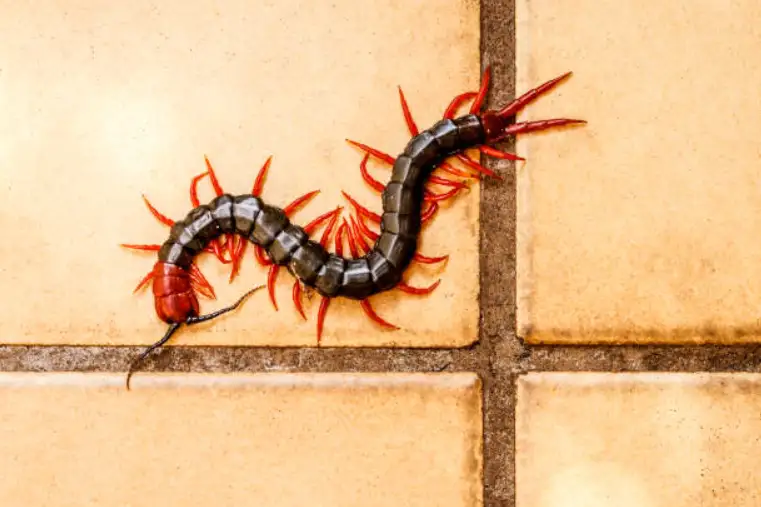
House centipedes are not poisonous to dogs. While they may look intimidating, house centipedes are not venomous and do not pose a threat to your dog’s health.
However, that doesn’t mean you should encourage your dog to eat them.
Can dogs eat house centipedes?
Technically, dogs can eat house centipedes without suffering any ill effects. However, letting your dog eat them is not recommended. House centipedes are not a natural part of a dog’s diet and can cause digestive upset if ingested in large quantities.
Additionally, some dogs may have an allergic reaction to the bristly hairs on the house centipede’s body.
What happens if a dog eats a house centipede?
If your dog eats a house centipede, it may experience mild digestive upset, such as vomiting or diarrhea. This is because house centipedes are not a natural part of a dog’s diet and can be challenging to digest.
In rare cases, a dog may have an allergic reaction to the bristly hairs on the house centipede’s body, which can cause more severe symptoms.
Symptoms to watch out for if a dog eats a house centipede
If your dog eats a house centipede, there are a few symptoms to watch out for. These include:
- Vomiting
- Diarrhea
- Loss of appetite
- Lethargy
- Difficulty breathing
If you notice any of these symptoms, it’s essential to contact your veterinarian right away.
What to do if your dog eats a house centipede
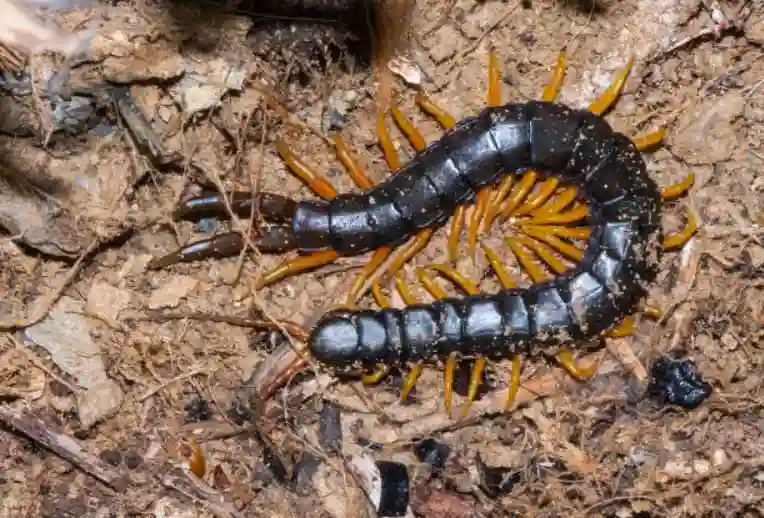
If your dog eats a house centipede, the first thing you should do is try to remove any remaining parts of the centipede from its mouth.
You should then monitor your dog for any symptoms of digestive upset, such as vomiting or diarrhea.
If your dog shows any signs of an allergic reaction, such as difficulty breathing, you should seek veterinary care immediately.
Preventing your dog from eating house centipedes
The best way to prevent your dog from eating house centipedes is to keep them out of your home. You can do this by sealing any cracks or gaps in your home’s foundation, as house centipedes can enter through even the smallest openings.
It would be best if you also kept your home clean and free of other pests, as house centipedes are attracted to areas with a lot of insect activity.
Conclusion – should dogs eat house centipedes?
While dogs can technically eat house centipedes without suffering any ill effects, it’s not recommended to let them do so.
House centipedes are not a natural part of a dog’s diet and can cause digestive upset if ingested in large quantities. Additionally, some dogs may have an allergic reaction to the bristly hairs on the house centipede’s body.
If your dog does eat a house centipede, it’s essential to monitor them for any symptoms of digestive upset and seek veterinary care if necessary.
FAQ
Are house centipedes poisonous to humans?
House centipedes are not poisonous to humans. While they may look intimidating, they are not venomous and do not pose a threat to human health.
Can house centipedes bite?
House centipedes are capable of biting humans, but their bite is usually not harmful. Sometimes, a bite from a house centipede may cause mild pain and swelling.
Should I kill house centipedes in my home?
House centipedes can be beneficial in your home, as they help control populations of other pests, such as cockroaches and spiders. However, if you’re uncomfortable with having them in your home, you can try to seal up any cracks or gaps in your home’s foundation to keep them out.

![Coping With the Loss of Your Dog [Finding Comfort When A Pet Passes Away] 4 Coping With the Loss of Your Dog [Finding Comfort When A Pet Passes Away]](https://www.puppiesdiary.com/wp-content/uploads/2023/09/Coping-With-the-Loss-of-Your-Dog-768x494.jpg)
